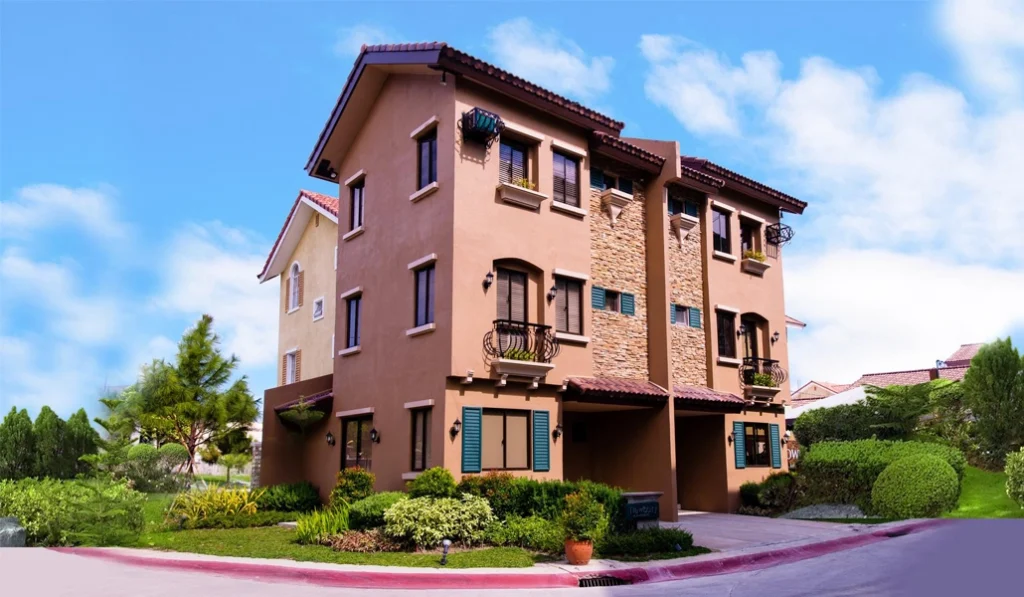Which To Buy? A New House or A Flipped House?

When it comes to purchasing a home, one of the primary dilemmas that homebuyers face is choosing between buying a New House or A Flipped House. Both options offer distinct advantages and drawbacks, making the decision a pivotal one in the homebuying process. Buying a new home entails purchasing a property that has never been lived in before, offering the allure of modern amenities and the opportunity for customization.
Conversely, buying a flipped house involves purchasing a property that has undergone renovations and upgrades by investors or individuals looking to turn a profit. Additionally, some homebuyers may also consider the option of an RFO House and Lot, which offers the convenience of immediate occupancy without the need for further renovations.
Understanding nuances between these options is crucial for prospective homebuyers, as it can significantly impact their overall satisfaction with their purchase and long-term investment.
In this article, we will delve into the differences and implications of buying a house, providing insights to help readers make an informed decision tailored to their unique preferences and circumstances.
Understanding New Houses
When contemplating the purchase of a new house, prospective buyers are presented with a multitude of compelling advantages that distinguish this option from other alternatives. Buying a new house offers the allure of a pristine living space untouched by previous occupants, providing a fresh canvas for homeowners to make their mark.
Unlike purchasing an older property, buying a new house ensures that homeowners benefit from modern amenities and features, tailored to meet the demands of contemporary living. Furthermore, the opportunity for customization is a significant draw for many buyers, allowing them to personalize their new home to reflect their tastes and lifestyle preferences.
Additionally, buying a new house typically comes with the peace of mind of warranty protections, safeguarding homeowners against potential defects or issues that may arise. These advantages collectively make buying a new house an appealing prospect for homebuyers seeking a seamless transition into a modern, customized living environment.
Exploring Flipped Houses

When considering the purchase of a flipped house, prospective buyers are presented with a unique set of advantages and disadvantages. While buying a flipped house may offer the allure of upgraded features and a quicker move-in process, it is crucial to carefully consider the potential drawbacks associated with this option.
One of the primary disadvantages of buying a flipped house is the variability in the quality of renovations. Unlike new construction where every detail is meticulously planned and executed, flipped houses may be subject to rushed or subpar renovations aimed at maximizing profit rather than ensuring long-term quality.
Additionally, buying a flipped house often limits the opportunity for customization, as renovations are typically completed before the sale. This lack of personalization may leave buyers with a living space that does not fully align with their preferences or lifestyle needs.
Moreover, the potential for hidden issues or shortcuts in renovation poses a significant risk for buyers of flipped houses, as underlying problems may only become apparent after the sale is finalized. These disadvantages underscore the importance of thorough inspection and due diligence when considering the purchase of a flipped house, as well as careful consideration of whether the benefits outweigh the potential risks.

End Note
While the decision to purchase a new RFO house, such as Newberry in Carmel, may offer certain advantages such as immediate occupancy and the assurance of modern amenities, it ultimately remains the buyer’s prerogative to choose the option that best aligns with their preferences, priorities, and lifestyle needs. Whether opting for a new house, a flipped house, or any other type of property, buyers should conduct thorough research, consider all factors, and weigh the advantages and disadvantages of each option before making a decision. Ultimately, the choice of which house to buy is a deeply personal one, and buyers need to select a home that not only meets their practical requirements but also resonates with their aspirations and vision for the future.
By understanding the nuances of each option, including new houses, flipped houses, and RFO House and Lot properties, potential homebuyers can make well-informed decisions that align with their unique circumstances and preferences. Whether prioritizing modern amenities, customization opportunities, or immediate occupancy, the insights gained from understanding home value appreciation and the implications of each option can guide individuals toward a choice that fulfills their needs and enhances their overall satisfaction with their new home. In the end, regardless of the type of property chosen, the goal remains the same: to find a place to call home that brings joy, comfort, and security for years to come.

For more information on Vista Land’s developments nationwide, visit

